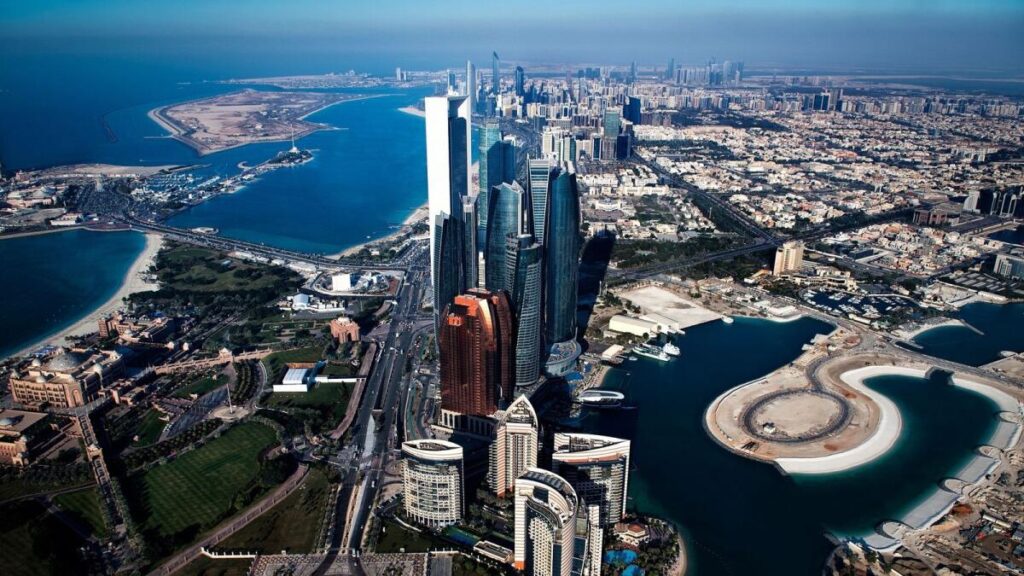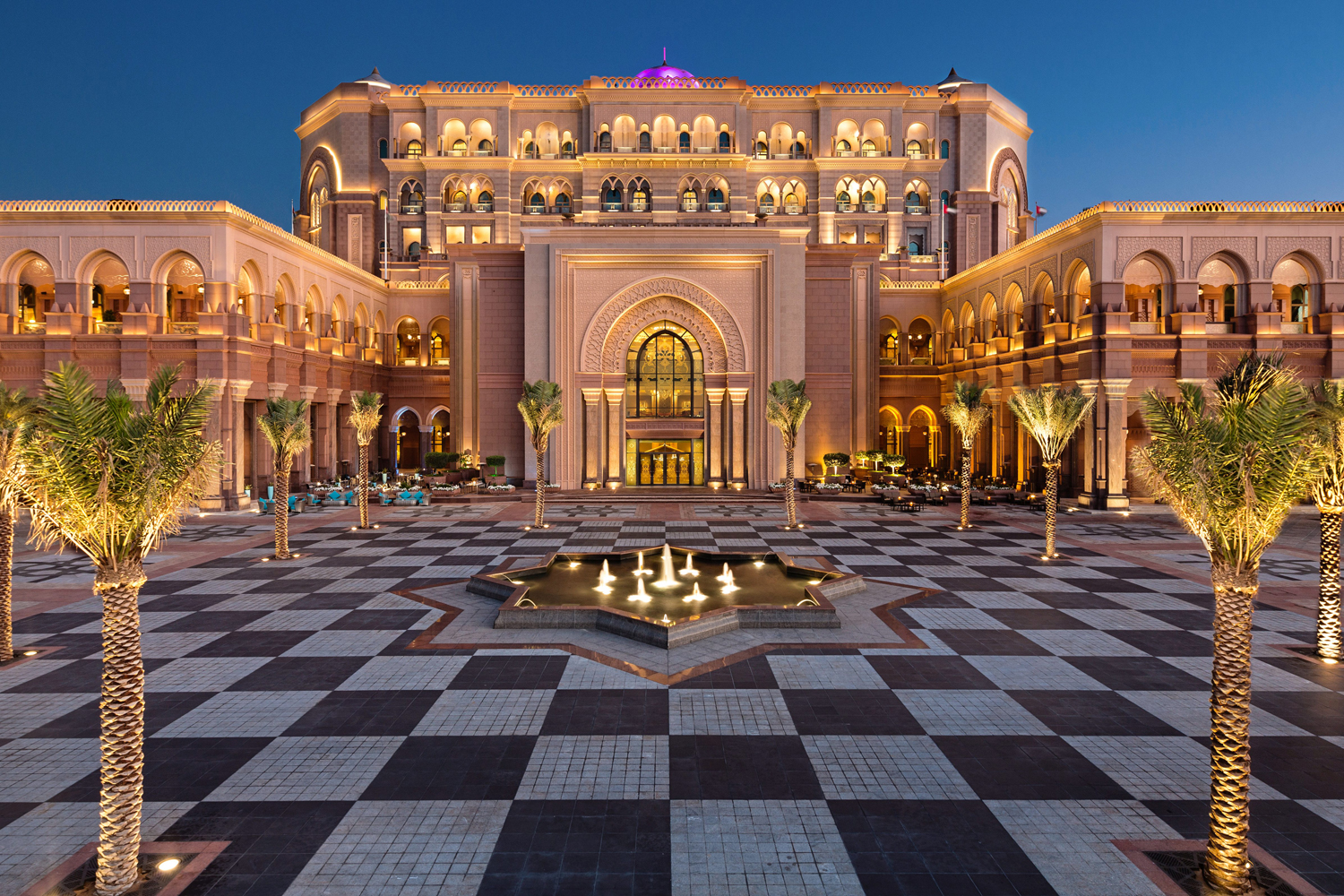Abu Dhabi
WELCOME TO Abu Dhabi
State Overview
Abu Dhabi City
67,340 km2
3 million
Arabic

Popular
Geography and Tourist Attractions
Information about the province's tourist attractions, including popular destinations, events, and activities.

Rub' al Khali (Empty Quarter)

Al Ain Oasis

Yas Island
Political
Economy and Government
Abu Dhabi, the largest of the seven emirates in the UAE, boasts a robust economy and a well-structured government system. The emirate's economy is primarily driven by oil and gas resources, making it a major global player in the energy sector. However, Abu Dhabi has also been proactive in diversifying its economy to reduce dependence on oil.
The government of Abu Dhabi plays a crucial role in shaping and managing the emirate's economic growth. It focuses on sustainable development, investing in infrastructure projects, education, healthcare, and various industries. The government's initiatives, such as Abu Dhabi Economic Vision 2030, aim to diversify the economy further, promote innovation, and attract foreign investment.
Abu Dhabi has established numerous free zones, such as the Abu Dhabi Global Market (ADGM) and the Industrial City of Abu Dhabi (ICAD), to encourage business and facilitate foreign investment. The emirate also hosts international events and conferences to showcase its economic potential and promote trade and investment opportunities.
Furthermore, the government of Abu Dhabi places great importance on social welfare, providing its citizens with access to high-quality healthcare, education, and housing. It also promotes cultural preservation and supports various arts and heritage initiatives.
Overall, with a strong economy and effective governance, Abu Dhabi has emerged as a dynamic and prosperous state, contributing significantly to the growth and development of the UAE.

History
History and Culture
Abu Dhabi, the capital city of the United Arab Emirates (UAE), is rich in both history and culture, reflecting the nation's heritage and rapid modernization. The region has been inhabited for thousands of years, with evidence of human presence dating back to the Neolithic period. The indigenous Bedouin tribes have played a vital role in shaping the region's cultural identity.
The discovery of oil in the mid-20th century transformed Abu Dhabi from a small fishing village into a bustling metropolis. However, the city has managed to preserve its traditional values amidst rapid development. The traditional Arabian architecture, such as the majestic Sheikh Zayed Grand Mosque and Qasr Al Hosn, stands as a testament to the region's cultural heritage.
Abu Dhabi's culture embraces art, music, and dance, with events like the Abu Dhabi Festival showcasing global talent. The city also boasts numerous museums, including the Louvre Abu Dhabi, which exhibits a vast collection of art and artifacts from around the world.
The Emirati people take pride in their heritage, with traditions like falconry, camel racing, and dhow sailing being cherished. Emirati cuisine, influenced by Arab, Persian, and Indian flavors, offers a delightful culinary experience.
Abu Dhabi's history and culture intertwine to create a unique and vibrant identity, blending old-world charm with contemporary progress. This fusion has made Abu Dhabi a captivating destination that captures the imagination of visitors from around the globe.
HOTELS

Emirates Palace

The St. Regis Abu Dhabi

Jumeirah at Etihad Towers
RESTAURANTS

Zuma

Hakkasan

